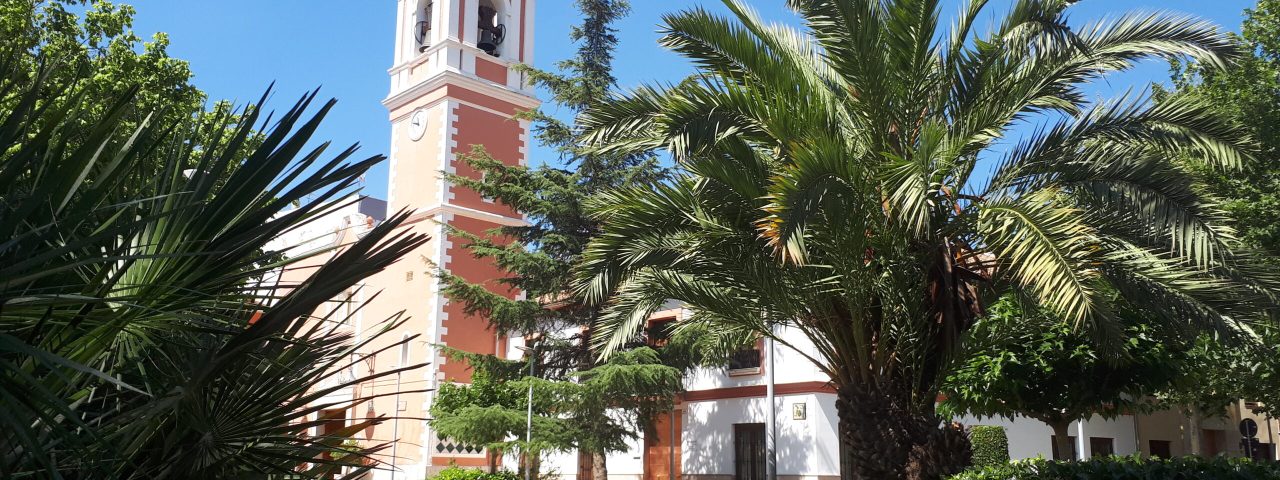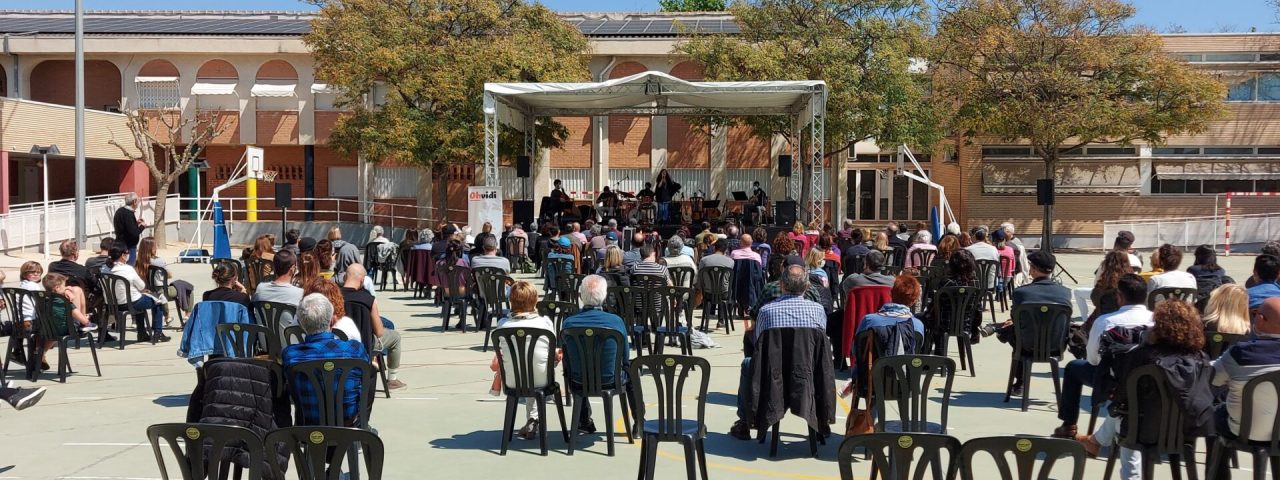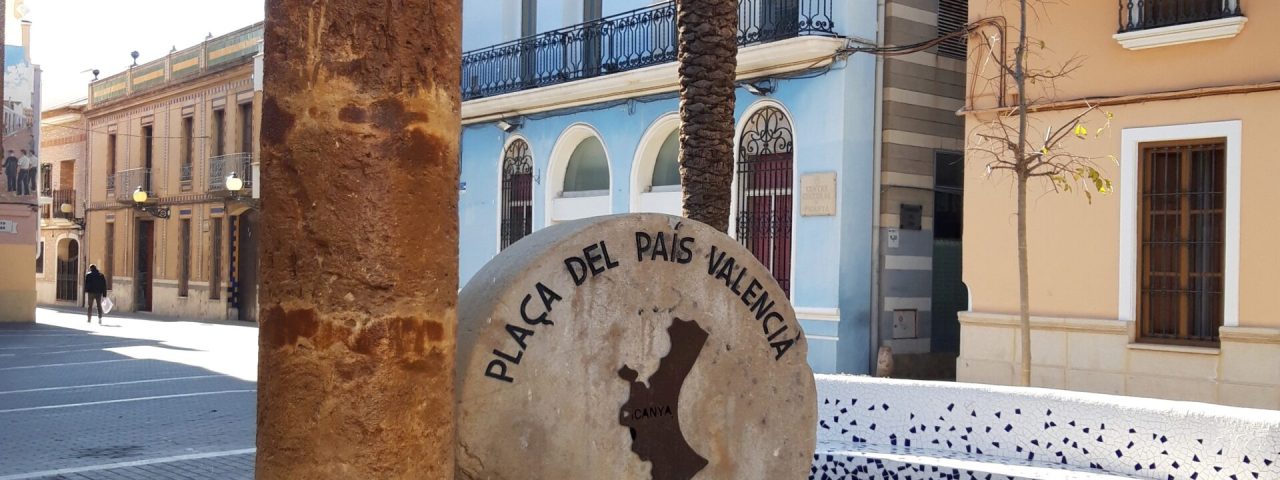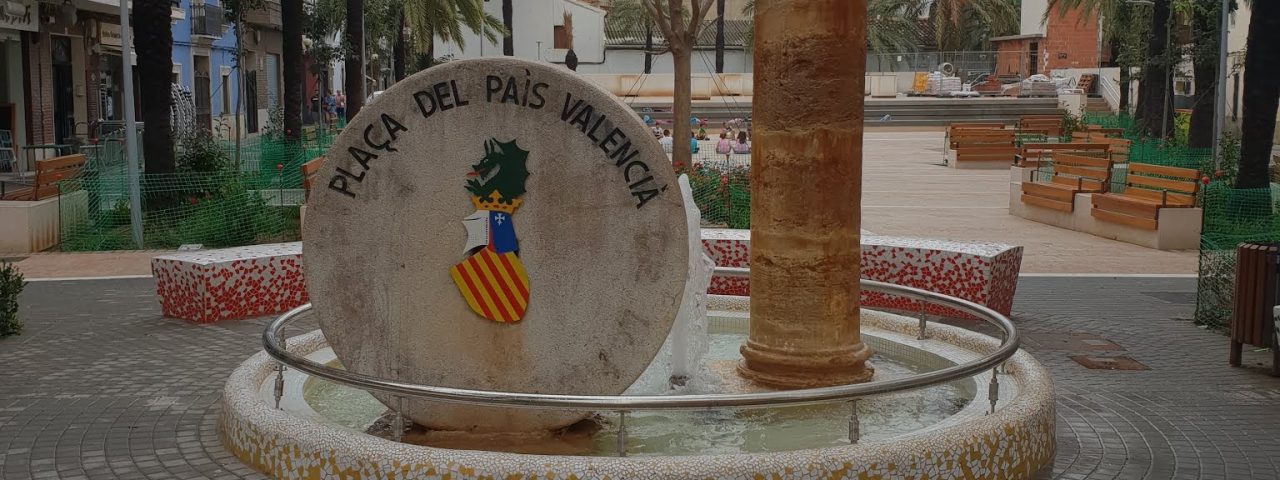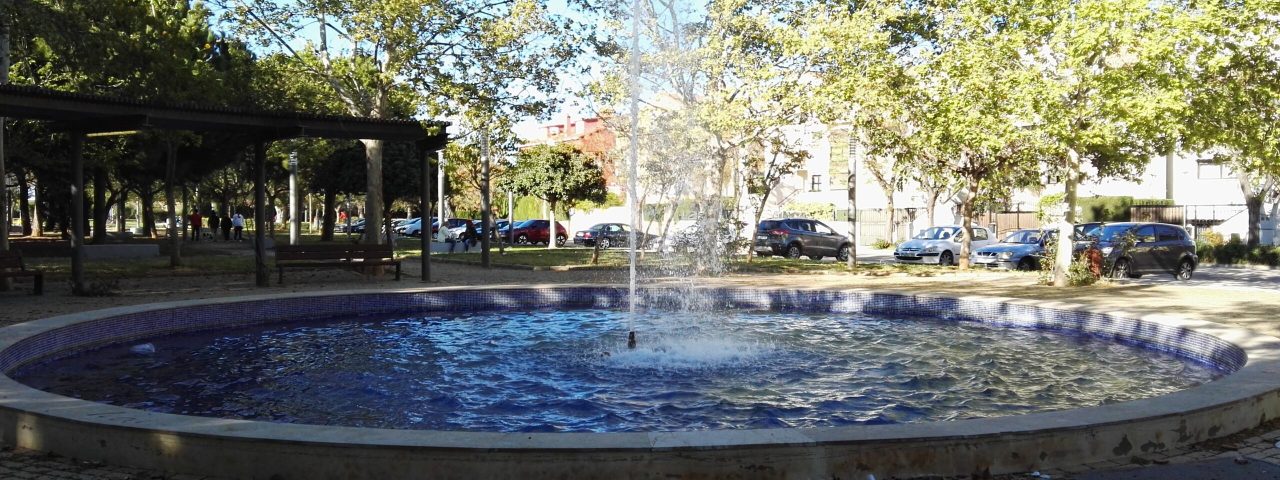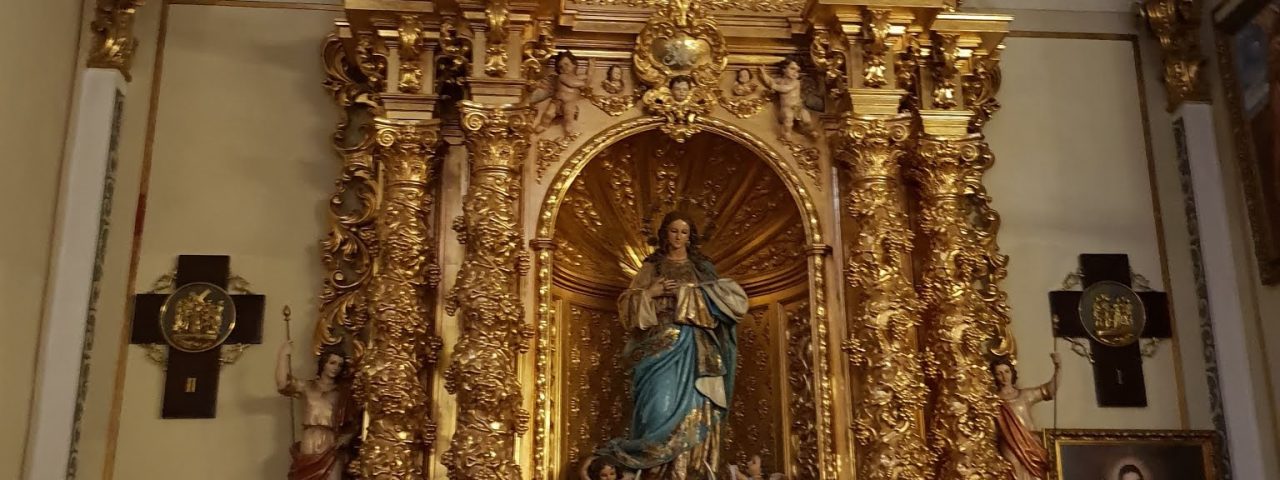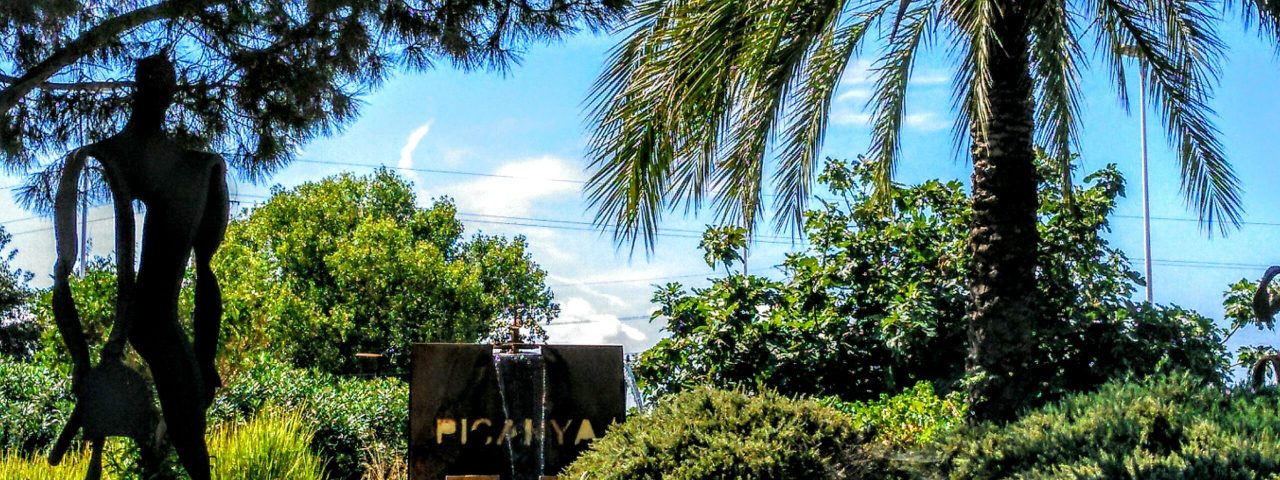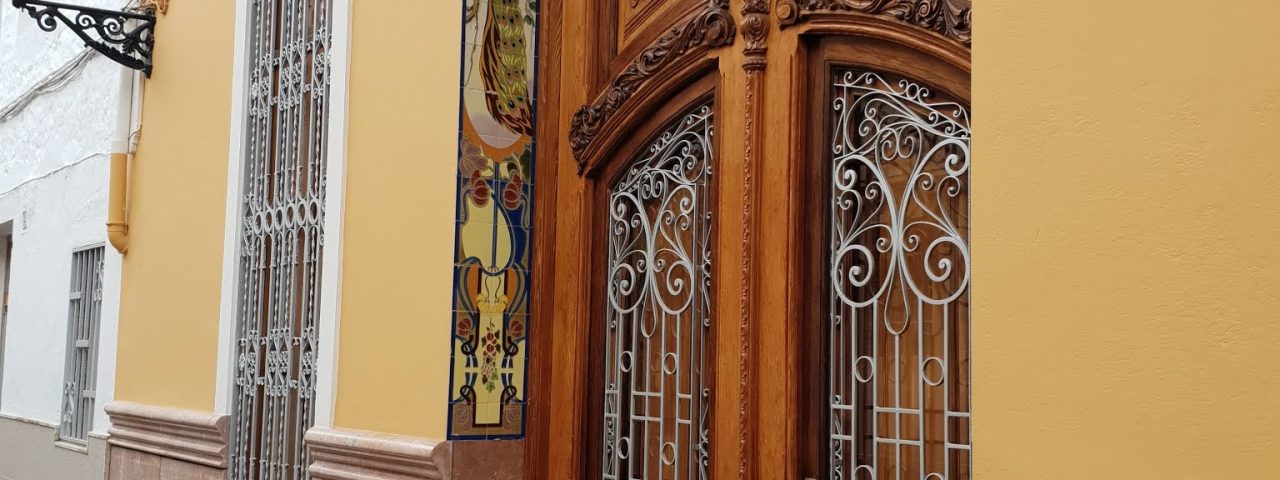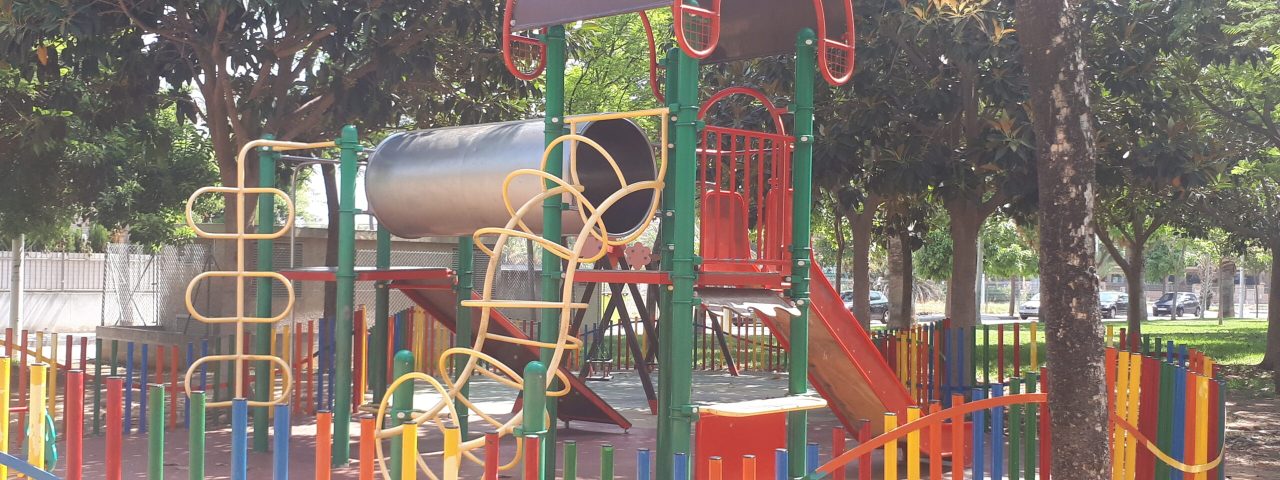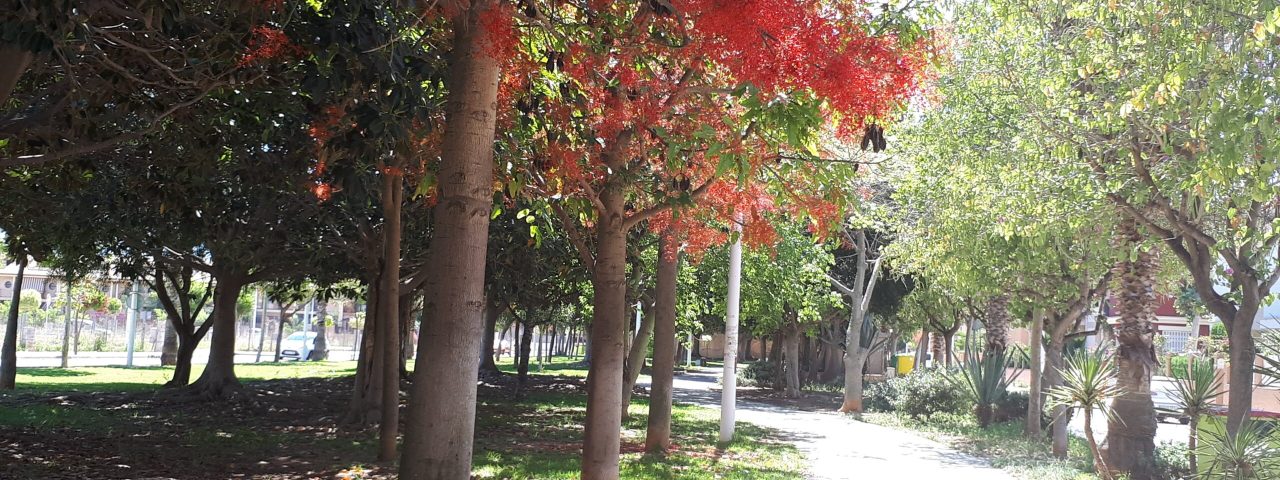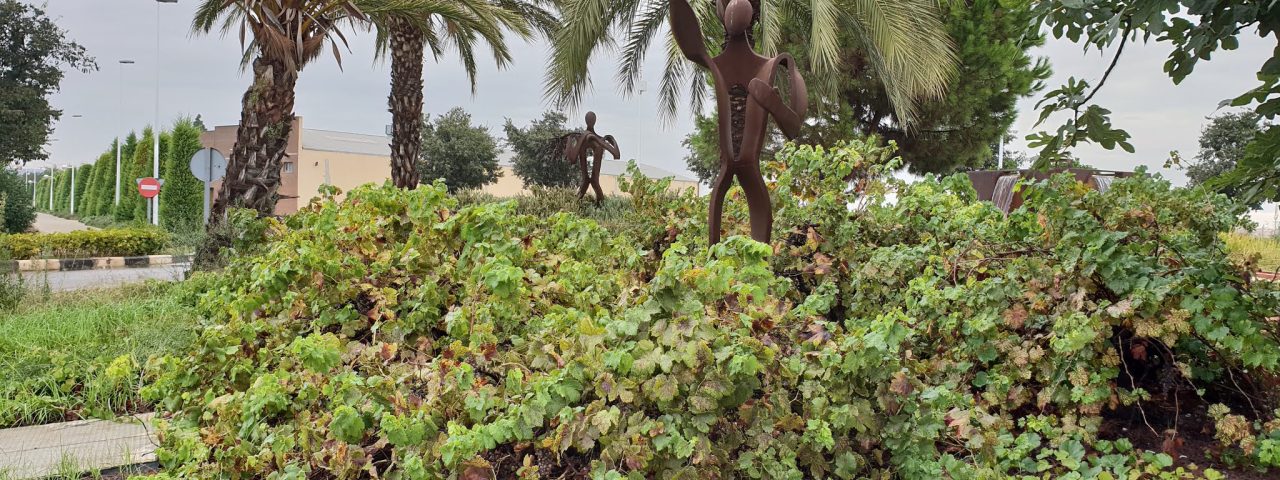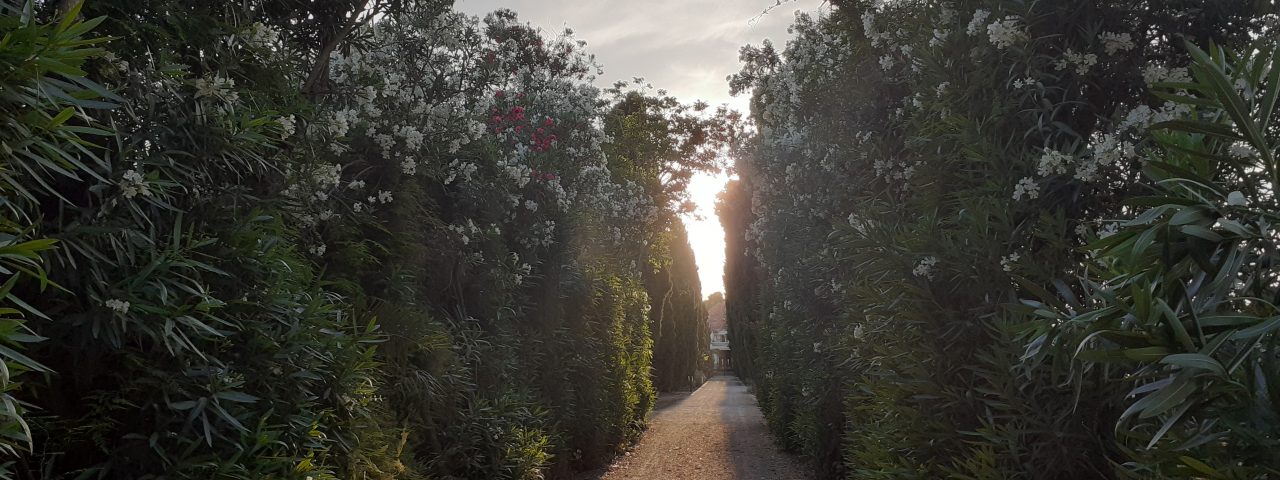Picaña, like many towns in the Valencian region, has a rich and diverse history influenced by various civilizations, including the Romans, Moors, and Christians. The area was first settled during the Roman era, and its development continued through the Moorish occupation, which left lasting influences on the local architecture and agricultural practices. The Christian Reconquista brought the city under the Crown of Aragon, integrating it further into the cultural fabric of medieval Spain.
Culturally, Picaña maintains strong ties to Valencian traditions. One of the most significant cultural events is Las Fallas, a spectacular festival celebrated across the province. Although Valencia is the epicenter of this event, Picaña participates with its own local celebrations, showcasing traditional costumes, fireworks, and the burning of large, artistic sculptures. Another notable festival is the “Fira de Picaña,” an annual fair that brings the community together for music, food, and artisan displays.
Local customs in Picaña reflect the region’s agricultural roots, with many traditional activities still centered around the cycles of farming and harvest. The city also honors several religious festivals, maintaining a strong connection to its Catholic heritage. Visitors interested in history and culture will find a wealth of traditions and celebrations that reflect the region’s multifaceted past.
